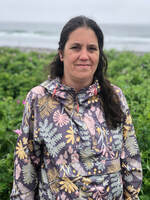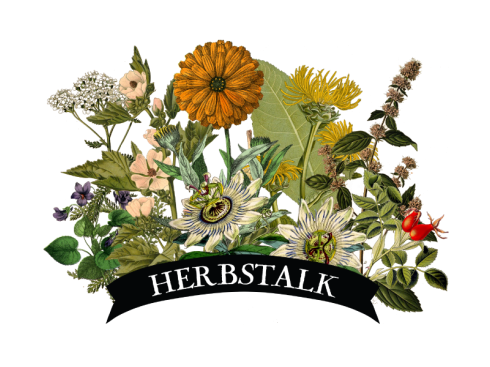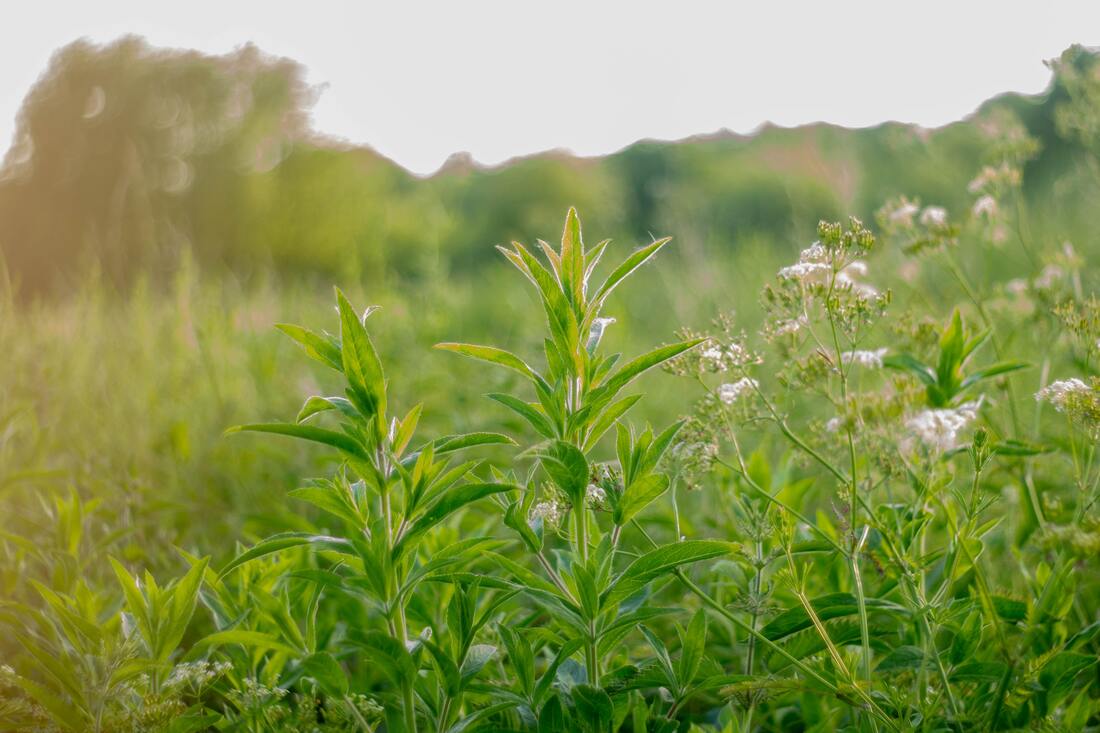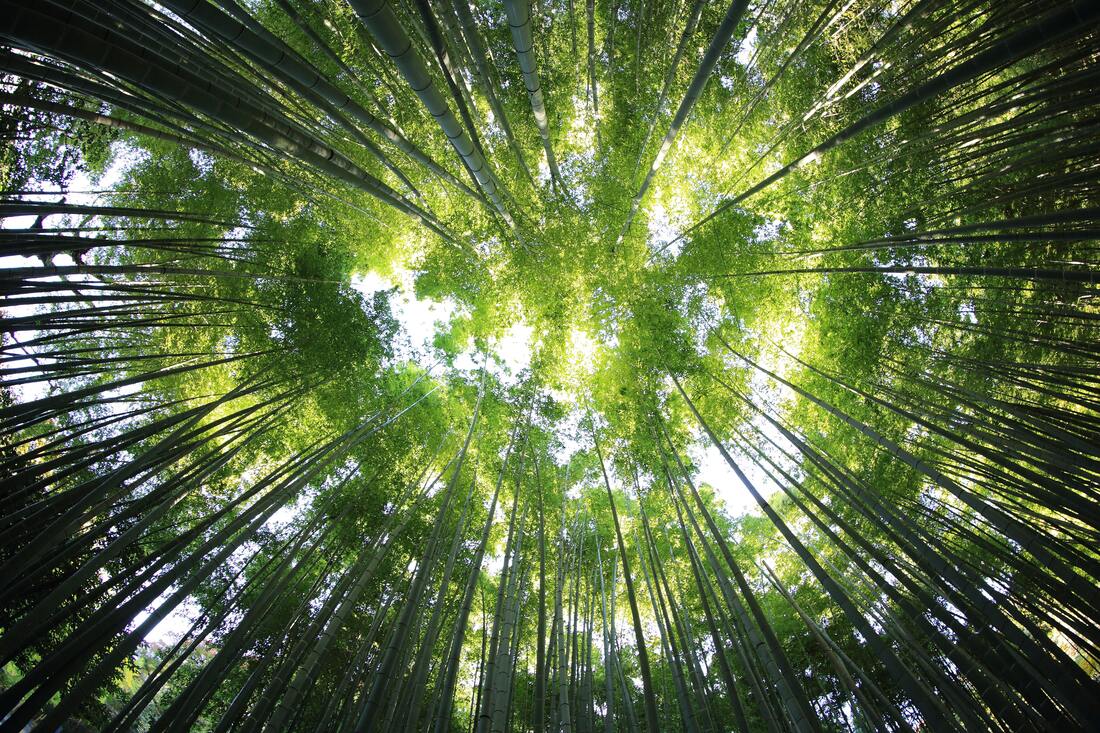by Tony(a) Lemos
There are many ways to practice herbalism, and many different types of apprenticeships and trainings.
Some people are teachers gifted in the art of inspiring people to love plants and healing, others make medicine so potent it vibrates with energy and beauty, others are blessed with the ability to treat the sick and work through complicated constitutions and pharmaceuticals, while others write books, books that are deep and thoughtful that influence the way we practice. Some herbalists show up at the front lines ready with medicines to share, offer first aid for the body and soul while fighting for for societal change, while others dream with plants, and vision our way forward. Some tend to and grow gardens so sensory and rich that stepping into them is healing, others are wild-crafters and know where the partridgeberry is most abundant and gather just enough to keep the stand strong…however most often the lines blur, and we walk several herbal paths.
For most of us herbalism is a lifestyle, not a hat we wear from 9-5 but how we chose to live our lives, close to nature, knowing the season of the plants, knowing our regional plant allies, and respecting the elements. Herbalism takes place in our bedrooms (self-care, clearing with herbal smoke sticks, spritzers, and even lubes!), our kitchens (teas, spices, nourishment, fermentation, bone broth), our bathrooms (toothpaste, mouthwash, soap, luffas), our gardens (food plants, medicine plants, spirit plant, bees), our libraries (journals, books, tarot cards), our community spaces (seed sharing, plants swaps, classes, conversations, meals).
As herbalists we are always practicing, and in practice, learning new ways to be with the plants, new ways to slow down...and listen so that we can truly listen and understand the language of the plants. Those of us who are called to study herbs know it is a long slow path...a lifetime of study but also a life time of joy and deep connection.
Back in 1991 at the first International Herbal Symposium, attending as a brand new herbalist, having just completed my Diploma in Natural Therapy at (the now defunct) Raworth College of Natural Medicine and Sports Science in the UK, I was lucky enough to attend a class by a follow Brit David Hoffman. I do not remember the class title but I do remember writing down David's words verbatim:
“Herbalism is ecology in practice.”
- David Hoffman
It was not until that moment that I made the connection; yes, I had considered myself an environmentalist from a young age becoming a member of “Friends of the Earth” when it was still a young grassroots organization, and attending rallies at Speakers Corner in Hyde Park as soon as I was old enough to get there! But that I had chosen a career path that was deeply linked. Herbalism IS ecology in practice.
That line has shaped the way I have practiced herbalism and taught in the years since then. As all my apprentices have heard me say you cannot become a good herbalist until you are a committed environmentalist. The health of Earth’s ecosystem is the foundation of all health. Individuals cannot live fully healthy or happy lives in poisoned ecosystems and unhealthy communities. Plant life cannot thrive and become healing remedies when the environment is toxic.
Human impact in various forms (rising population, resource abuse, greed, and inappropriate technologies) is fast degrading the environment. This impact creates new patterns of human and ecosystem poverty and disease creating a breaking point, elemental imbalance, and the environmental crisis we are facing.
Key Concepts of Ecological Herbalism:
Interdependence
Each of us is deeply connected with Earth's ecosystems. Ecological Herbalism is a way of studying and understanding where we live and learning about the ecosystem around us. We are nature.
“The universe is a continuous web. Touch it at any point and the whole web quivers”
- Stanley Kunitz
Resilience
Health in humans and ecosystems is not a static, stagnant state but a dynamic one, one which flows…. marked by resilience, flexibility and adaptability. The World Health Organization defines health as ‘a state of complete physical, mental, and social well-being and not merely the absence of disease or infirmity.' Health is not about the absence of anything; it’s an active state which we have to work at it.
Health without Harm
Health care should not undermine the environment or public health. I believe that every practitioner should be familiar with the “Hippocratic Oath.” Hippocrates counseled physicians to “revere the healing force of nature.” Just because we are herbalists does not automatically mean that we are “not harming."
Appropriateness
"Medicine" in its Greek origins, means "appropriate measures.” The goal is to achieve maximal health with minimal intervention!
Diversity
Health is served by diverse and integrated approaches, including many traditional healing systems, indigenous medicines, local medicines, and modern medicine in a thoughtful manner.
“Diversity creates harmony, and harmony creates beauty, balance, bounty and peace in nature and society, in agriculture and culture, in science and in politics.”
-Vandana Shiva
Reconciliation
Individual health care services should be economically sustainable, equitable, modest in scale, of high quality, noncommercial, supporting values and principles which put the earth health first. Herbalism is the medicine of belonging, the direct experience of the whole healing the part. Recognize & understand how all forms of oppression exist in the realms of herbalism & natural medicine, continuing to harm individuals and communities. The relationship between healing plants and people can be seen as Gaia in action.
Community/Cooperation
In order to gain knowledge and improve practices, relationships, connections and alliances of mutuality must be built between all life forms and disciplines.
The climate crisis should be an urgent call to action individually and collectively. Understanding the ominous changes in the biosphere compels us to act, individually and collectively. Whether it is in the way we create more free clinics, make medicines, plant gardens, or choose the means of maintaining our own health, we need to do so with a commitment to enhancing life on Earth! It is impossible to be a good herbalist with out first and foremost being an environmentalist. We need clean water, clean air, healthy soil in order to make vibrant herbal medicines. We have to care for, protect, and step out of our comfort zones to work for the elements. Without a healthy planet there is no true health! Our wellbeing is ultimately dependent on the wellbeing of our environment. Living locally, eating local foods, protecting the waters and using the medicinal plants of our region will help to keep us healthier as individuals and also help us to re-inhabit the place we live with a more physical, cellular, and natural connection.

Blazing Star Herbal School is dedicated to teaching traditional herbal medicine in a way that supports a more sustainable future for all members of the green world and shows respect for the integrity of nature. We offer a unique perspective on herbalism, weaving social and political aspects of health and healing through the study of medicinal herbs and food practices. We inspire students to find their own healing path by creating a personal relationship with the plant world. Learn more on Blazing Star's website and Facebook page.





 RSS Feed
RSS Feed